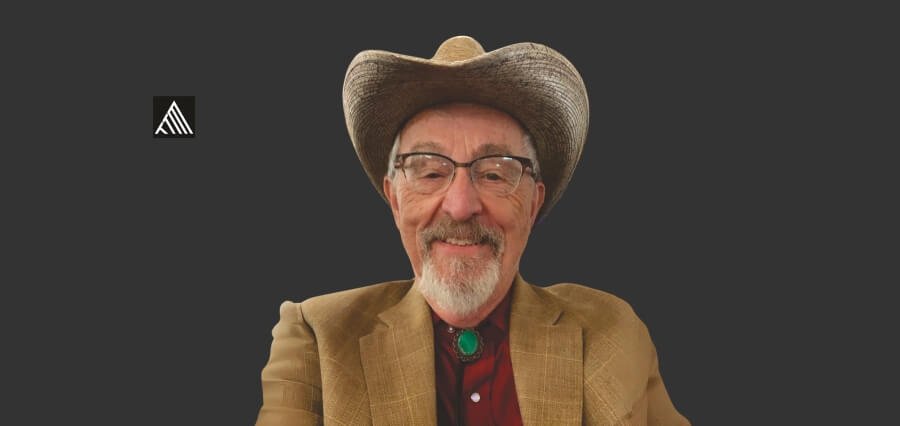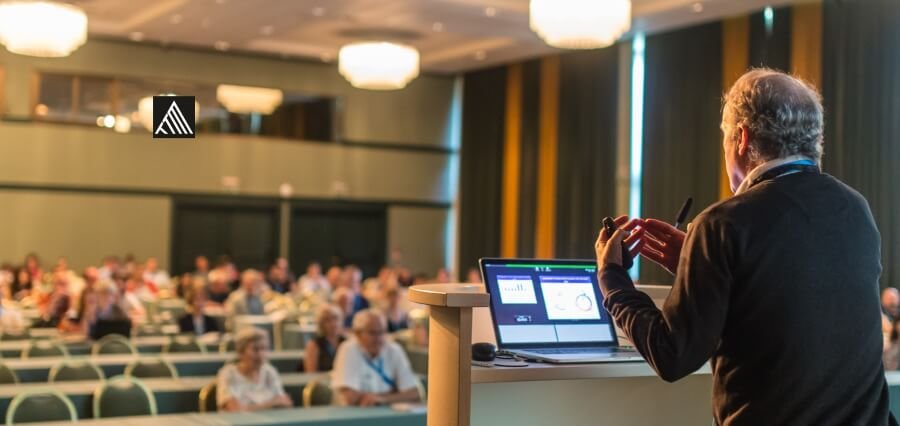Richard C. Larson’s journey is one of immense impact and thoughtful innovation. Known globally as a professor at the Massachusetts Institute of Technology (MIT), Larson has spent a lifetime applying the principles of operations research to transform systems in the public and private sectors. His work demonstrates the essential connection between theory and practical application, offering a model of academic excellence aligned with societal needs.
At the core of Richard’s work is a belief in the potential of operations research to address real-world problems. His contributions span police patrol optimization, public infrastructure, and educational innovation, all grounded in mathematical modeling and probabilistic thinking. With his profound dedication to public systems and academia, he has shaped both the field and future generations of researchers.
Richard’s leadership philosophy is centered on hands-on involvement, direct engagement, and interdisciplinary thinking. Through initiatives like MIT BLOSSOMS and the MIT Operations Research Center, he has built bridges between data, theory, and the lived realities of communities. His legacy continues to inspire a smarter, more analytical world.
Discovering a Path in Operations Research
Operations research—described by Richard as the physics of everyday life—became his professional compass. With a natural affinity for physics and mathematics, he found in this field a practical science to address issues ranging from waiting in line to urban mobility. For Richard, operations research captured the logic underlying human systems and social functionality.
Introduced to the field during his graduate studies at MIT by Professor Alvin W. Drake, Richard’s curiosity found its anchor in real-world events. A personal encounter with crime during that time steered him toward studying policing systems. Supported by mentors like Drake and Philip M. Morse, he collaborated with the Boston Police Department, conducting over 200 hours of ride-alongs and system analysis. This deep immersion shaped his doctoral thesis.
His thesis eventually led to the influential book Urban Police Patrol Analysis, published by MIT Press. The work not only earned the prestigious Lanchester Prize but also set the trajectory for Richard’s enduring commitment to applying analytical models to public sector challenges.
Academic Vision Meets Real-World Practice
Richard’s academic life has been marked by a refusal to see boundaries between research and practice. At MIT, he emphasized the real-world applicability of theoretical research. In doing so, he cultivated a generation of students and colleagues who shared his belief in integrated learning.
To deepen this connection, Richard founded a nonprofit consulting firm, Public Systems Evaluation, Inc., which later became ENFORTH Corporation. Working on Fridays at the firm, he bridged classroom concepts with operational projects. Students collaborated with clients on-site, translating research into actionable insights. Many of these engagements became the foundation of their master’s theses.
By embracing both academic rigor and practical exposure, Richard created a powerful dual model of education. His efforts exemplified how institutions can evolve beyond theoretical instruction, enabling students to actively shape the systems they study.
Leading Innovation in Education and Research
Richard’s passion for educational outreach culminated in the creation of MIT BLOSSOMS in 2008. As one of the earliest open-source learning platforms, BLOSSOMS delivers high-quality STEM lessons to a global audience. Freely accessible and rich in content, the initiative continues to expand educational opportunity worldwide.
In parallel, Richard co-directed the MIT Operations Research Center, which thrives as an interdisciplinary hub for modeling and decision science. His contributions helped fortify the center’s mission of integrating research with wide-ranging application, especially in sectors like healthcare, public policy, and infrastructure planning.
Whether mentoring graduate students or developing curriculum, Richard always promoted a synthesis of theory and usability. His leadership reshaped not only how operations research is taught but also how it is perceived as a transformative tool.
Honoring the Origins of the Discipline
Throughout his career, Richard has remained rooted in the history and evolution of operations research. He draws attention to milestones like A.K. Erlang’s queueing theory in 1919 and World War II’s influence on Search Theory. These developments, born from necessity, underscore the field’s intrinsic link to urgent, real-world demands.
Richard believes this heritage defines the discipline’s future. The blend of strategic modeling with operational insight is not just academic—it’s foundational to how societies function. From telecommunications to public safety, operations research remains vital because it responds to complexity with clarity.
He continues to remind students and practitioners alike that models should emerge from direct experience and context. Theoretical constructs, in his view, must never stray from their applied origins.
Navigating an Expanding Discipline
The field of operations research has grown exponentially, encompassing diverse domains like healthcare analytics, logistics, disaster response, and algorithmic decision-making. Richard acknowledges the breadth of modern research while staying committed to his core interest—probabilistic modeling.
Even after retirement, modeling remains his intellectual compass. Rather than keeping up with every niche innovation, he chose to deepen his expertise in conceptualizing and refining models. This long-term focus provided him with a stable platform to generate solutions that withstand shifting technological trends.
His approach reinforces the value of specialization in a broadening landscape. Richard’s steady commitment to modeling affirms that depth and rigor often yield the most lasting contributions.
Recognizing Excellence Through Awards and Honors
Among Richard’s many accolades, the Lanchester Prize stands out as a pivotal moment. Awarded for his first book, the honor validated the direction of his research and fortified his standing in the global operations research community.
However, for Richard, the ultimate professional distinction was his induction into the National Academy of Engineering. This recognition reflects decades of influence, not only in technical innovation but also in shaping how engineers think about public good. His election to the Academy symbolizes the alignment of individual excellence with national and global impact.
Each award punctuates a narrative built on thoughtful inquiry and community benefit—proof that research, when guided by purpose, can achieve both academic distinction and real-world transformation.
Fusing Theory with Community Impact
Richard’s body of work emphasizes integration—between theory and practice, between academia and society. His co-authored textbook Urban Operations Research remains a touchstone in the field. Cited extensively and used globally, it continues to shape curricula and inspire real-world applications.
By collaborating with fellow MIT professor Amedeo Odoni, Richard helped elevate operations research into public consciousness. Their work went beyond urban systems, offering a lens into how data and models could drive meaningful change across varied sectors. Today, the book is even used in high schools, widening its educational impact.
This reach illustrates Richard’s guiding belief: that complex problems demand multidisciplinary perspectives and iterative testing. His methodology mirrors that of a physicist—observe, model, validate, and revise—infused with the humility to listen and adapt.
Building Future-Ready Researchers and Leaders
Throughout his academic career, Richard has remained a mentor to students and young professionals. He champions experiential learning, encouraging students to immerse themselves in operational environments before building models. This philosophy is central to how he trained the next generation of researchers.
Spending time on-site—observing, asking questions, and challenging assumptions—was non-negotiable. Richard believed that without real-world grounding, analytical work risks abstraction and irrelevance. This practical foundation allowed his students to create solutions that worked in the complexity of real systems.
At ENFORTH Corp. and MIT, he instilled this ethos into organizational culture. His mentees, many of whom now lead their own research initiatives, continue to embody his principle of blending fieldwork with model-based reasoning.
Extending Model Thinking to Everyday Life
In recent years, Richard’s focus has shifted toward democratizing the tools of operations research. His 2023 book, MODEL THINKING For Everyday Life, makes structured decision-making accessible to the general public. Published by INFORMS, the book outlines how analytical models can guide everyday choices—from budgeting and travel to healthcare and education.
Beyond writing, Richard has engaged public media platforms to spread awareness of model-based thinking. His appearance in Times Square through Marquis Who’s Who reflects a broader mission—to make analytical tools part of societal conversations.
Through this outreach, Richard continues to challenge the notion that modeling is reserved for specialists. Instead, he argues that everyone can benefit from structured, evidence-based decision-making, reinforcing the relevance of operations research beyond professional settings.
Legacy of a Lifelong Innovator
Richard’s career stands as a powerful example of how intellectual curiosity, coupled with community orientation, can reshape a field. By intertwining theory with application, he has helped elevate operations research from a technical specialty to a cornerstone of strategic decision-making across disciplines.
His legacy lies not only in published work and institutional achievements but also in the thousands of students and professionals who carry forward his values. Whether designing safer cities, optimizing supply chains, or reforming education, Richard’s influence is evident in systems built with intelligence, empathy, and foresight.
Richard’s vision for data-driven, people-centered solutions remains more vital than ever. Through his life’s work, he has taught us that thoughtful analysis—when grounded in real experience—can illuminate pathways to a better, more equitable future.





